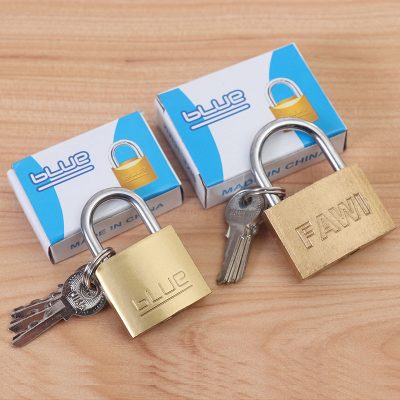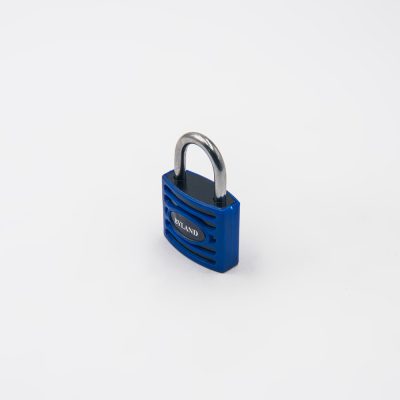Smart locks serve as guardians of your gateway, enhancing home safety in numerous ways. Here’s how smart locks contribute to home security:
- Keyless Entry: Smart locks eliminate the need for traditional keys, reducing the risk of lost or stolen keys compromising home security. Instead, users can enter their homes using secure methods such as PIN codes, biometric scans, or smartphone apps.
- Remote Monitoring and Control: With smart locks, homeowners can remotely monitor and control their locks from anywhere with an internet connection. This allows them to lock or unlock doors, grant temporary access to guests, or receive alerts about unauthorized entry attempts, enhancing overall security.
- Customized Access Control: Smart locks enable users to create customized access permissions for different individuals or groups. Homeowners can grant temporary access to guests, service providers, or contractors, while maintaining control over who can enter their homes and when.
- Integration with Home Security Systems: Smart locks seamlessly integrate with other home security devices such as security cameras, doorbell cameras, and alarm systems. This integration allows for centralized control and monitoring of home security, enhancing overall safety.
- Activity Logging and Alerts: Smart locks maintain detailed logs of entry and exit events, providing homeowners with valuable insights into who accessed their homes and when. Additionally, some smart locks send real-time alerts to homeowners’ smartphones in the event of suspicious activity or unauthorized access attempts.
- Enhanced Authentication Methods: Many smart locks offer advanced authentication methods such as biometric scans (fingerprint or facial recognition) or multi-factor authentication (combination of PIN codes and smartphone proximity), adding an extra layer of security to the entry process.
- Tamper Detection and Alerts: Smart locks may include tamper detection features that trigger alarms or send alerts to homeowners’ smartphones in case of physical manipulation or tampering attempts, deterring potential intruders.
- Battery Backup: To ensure continuous operation, smart locks often include battery backup systems that keep the lock functional during power outages. This feature prevents users from being locked out of their homes during emergencies and maintains security even when the power is down.
- Easy Installation and Compatibility: Smart locks are designed for easy installation and compatibility with a wide range of door types and configurations. Homeowners can upgrade their existing locks to smart locks without extensive modifications, enhancing security without hassle.
- Regular Firmware Updates and Support: Manufacturers typically provide regular firmware updates and user support to ensure the optimal performance and security of smart locks. These updates may include new features, bug fixes, and security patches, keeping the lock up-to-date and reliable over time.
In summary, smart locks play a vital role in enhancing home safety by providing keyless entry, remote monitoring and control, customized access control, integration with home security systems, advanced authentication methods, tamper detection, battery backup, easy installation, and regular updates and support. By serving as guardians of your gateway, smart locks offer peace of mind and protection for your home and family.









